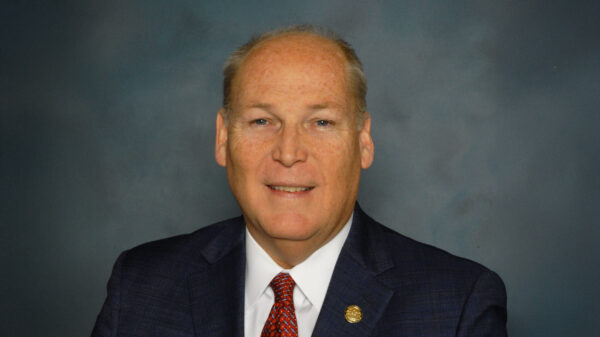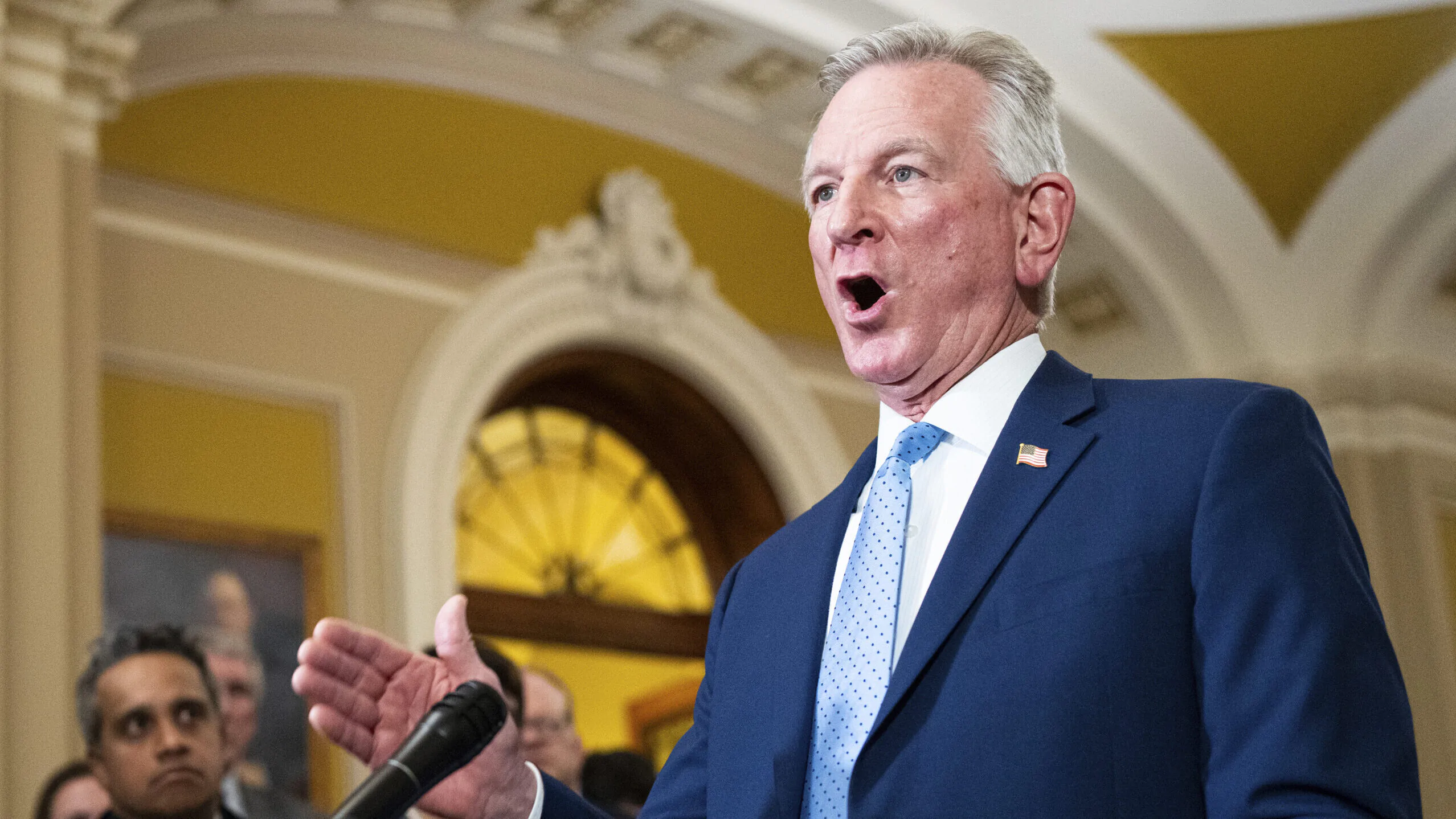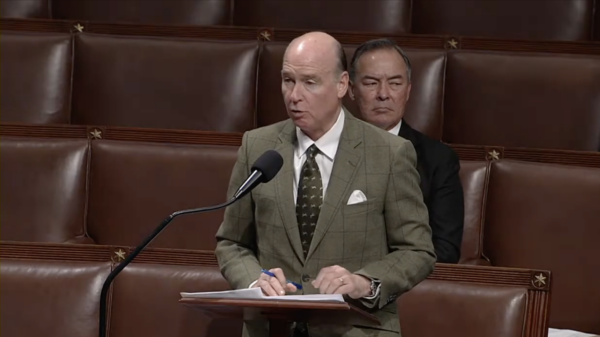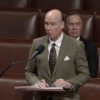This week, U.S. Sen. Tommy Tuberville, R-Alabama, introduced a new piece of legislation aimed at barring transgender athletes from participating in women’s sports at military service academies. The bill comes after the senator’s previous attempt to block trans women from participating in women’s sports programs at federally funded institutions failed in the Senate.
“The Secretary of Defense shall ensure that the United States Military Academy, the United States Naval Academy, and the United States Air Force Academy do not permit a person whose sex is male to participate in an athletic program or activity that is designated for women or girls,” reads Tuberville’s legislation.
Tuberville’s bill defines “sex” as “a person’s reproductive biology and genetics at birth.” However, the bill does not clarify how intersex individuals — people born with sex characteristics that do not fit into the typical male/female binary and who make up 1.7 percent of the American population — would be affected by its provisions.
Earlier this year, President Donald Trump signed an executive order to rescind funds from educational programs that allow trans women to participate in women’s sports and “to oppose male competitive participation in women’s sports more broadly.” However, Sen. Tuberville has continued to express his desire to enshrine those same provisions into law through congressional action.
“A lot of people don’t realize that an executive order… only lasts as long as that president’s there. So, we got some work to do,” Tuberville commented in February.
Critics and civil rights advocacy groups like the Human Rights Campaign have lambasted legislation like Tuberville’s as anti-LGBTQ+ discrimination and claim that such policies only precipitate further bullying and harassment of transgender youth.
Additionally, many advocates for women’s sports like Billie Jean King, Megan Rapinoe, the Women’s Sports Foundation and the National Women’s Law Center support the inclusion of trans women in women’s sports and vehemently oppose legislation like Tuberville’s.
And while Tuberville argues that his legislation is written in the name of fair athletic competition, actual medical research on the topic casts substantial doubt on those claims.
A 2023 study published in the National Library of Medicine finds that, “while trans athletes competing in various sports and athletic events raises interesting considerations of how certain morphologic and physiologic factors affect performance, these questions are not exclusive to trans individuals. There are wide variations within cisgender populations, even when excluding individuals with differences in sexual development.”
“There is no concern for restricting individuals who are exceptionally large or small, those who are genetically gifted, or those with differing hormone concentrations or muscle mass, so long as their gender and biologic sex align,” the study concludes. “The disproportionate focus on the relatively small portion of the population who are trans seems based on the belief that cis men, who cannot succeed in sports among other cis men, would choose to misidentify as trans women to gain an advantage in sports against cis women. However, there are no legitimate cases of this occurring.”
Additionally, the study notes that gender affirming care like hormone therapy often reduces many of the sex-based differences between transgender athletes and their cisgender peers. With that in mind, one could argue that the best way to improve fair competition in sports would not be to bar trans athletes from participating, but to actually increase access to gender affirming care.
While Tuberville continues to file legislation intent on barring trans individuals from participating in sports, the issue remains far from Americans’ top policy concerns. According to the Pew Research Center and Gallup, Americans are most concerned with economic issues like inflation, health care affordability, and the national budget deficit — not transgender athletes.



















































